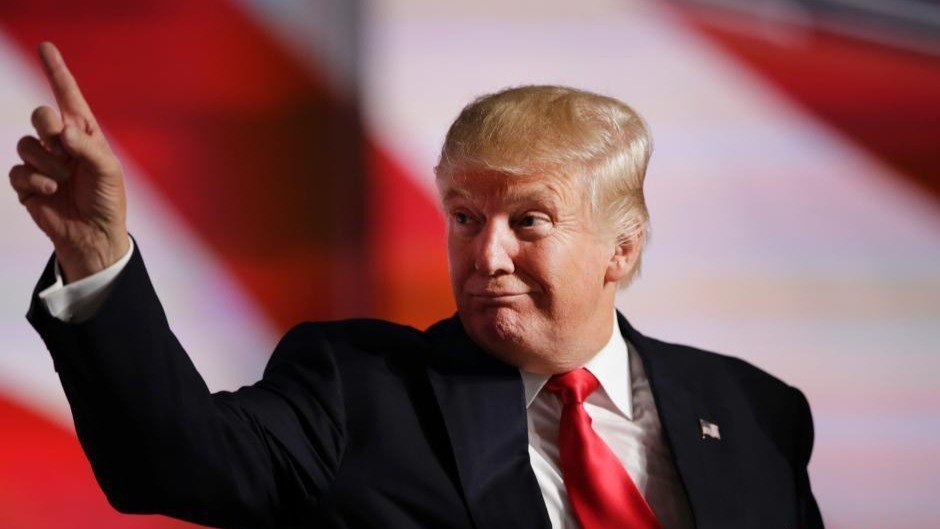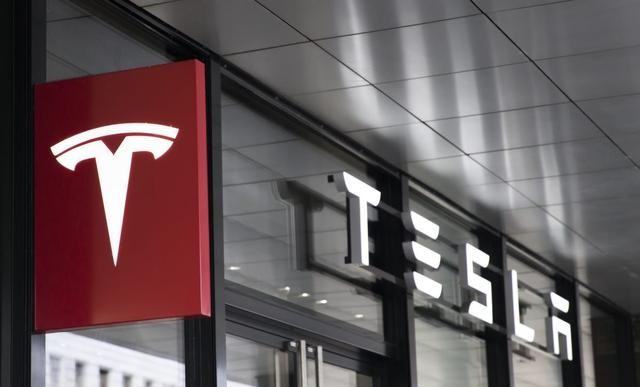Latest reports indicate the US government is considering granting partial tariff exemptions to certain automakers, a move that could bring significant relief to the auto industry mired in trade war pressures. This article provides a detailed analysis of this policy development, its potential impacts, and industry reactions.

Background and Details of the Tariff Exemption Policy
1. Policy Context
Since the 2018 US-China trade war began, the US has imposed tariffs as high as 25% on imported vehicles and parts, substantially increasing costs for automakers. Faced with industry pressure and corporate lobbying, the Trump administration is now reconsidering this policy.
2. Scope and Conditions of Exemptions
According to insiders, the exemptions may apply to:
- Specific categories of auto parts
- Certain critical materials not available domestically
- Automotive products meeting “national security” criteria
3. Application and Approval Process
Automakers must submit detailed applications to the US Trade Representative (USTR), demonstrating their products qualify for exemptions. The approval process is expected to be stringent to ensure no adverse impact on domestic industries.
Impact Analysis on the Auto Industry
1. Reduced Cost Pressures
Tariff exemptions would directly lower the cost of imported parts, potentially saving major automakers millions of dollars. Analysts estimate production costs for some models could drop by 3-5%.
2. Supply Chain Adjustments
This policy may prompt automakers to reassess global supply chains, balancing tariff benefits with supply chain resilience. Many companies are already adopting a “China+” diversified sourcing strategy.
3. Market Price Adjustments
Lower costs could translate to reduced prices for some imported models, boosting competitiveness. However, experts believe automakers are more likely to reinvest savings into R&D and electrification efforts.

Reactions and Strategies of Major Automakers
1. GM and Ford
The two US giants welcomed the policy but emphasized continued investment in domestic production. A Ford spokesperson stated, “Any measure that reduces costs helps us maintain competitiveness.”
2. European Automakers
BMW, Mercedes-Benz, and others are actively evaluating parts procurement strategies for their US plants and may adjust imports from China. Volkswagen has already announced plans to prepare exemption applications.
3. Japanese and Korean Automakers
Toyota and Hyundai expressed cautious optimism. Toyota North America’s CEO noted, “We support any policy promoting free trade but will continue advancing local production plans.”
Potential Risks and Challenges
1. Policy Uncertainty
Analysts warn that Trump administration trade policies are often volatile, raising concerns that exemptions may be temporary. The American Automotive Policy Council advised members to “plan cautiously and avoid over-reliance on exemptions.”
2. Domestic Industry Protection Debates
Some US parts manufacturers have begun lobbying against broad exemptions, arguing they would harm local jobs. The United Auto Workers (UAW) union stated it would closely monitor policy implementation.
3. Geopolitical Factors
Against the backdrop of US-China strategic competition, exemption applications involving Chinese supply chains may face stricter scrutiny. Some lawmakers have proposed restricting exemptions for firms with “ties to China.”
Industry Expert Perspectives
1. Short-Term Relief, Long-Term Uncertainty
The director of the University of Michigan’s Automotive Research Center noted, “This is undoubtedly good news for the industry, but companies must consider long-term supply chain strategies beyond temporary exemptions.”
2. Opportunity for Electrification
A BloombergNEF analyst pointed out, “Cost reductions could accelerate legacy automakers’ transition to electrification, especially in sourcing key components like batteries and drive systems.”
3. Global Trade Implications
A Peterson Institute for International Economics expert stated, “This policy adjustment may signal a more pragmatic US approach to trade, but the overall tough stance on China will remain unchanged.”
Conclusion
The Trump administration’s proposed auto tariff exemptions reflect the trade war’s blowback on US industries. If implemented, the policy would provide breathing room for automakers, but long-term structural challenges persist. As the global auto industry pivots toward electrification and smart technologies, balancing trade protectionism with global competition will remain a critical challenge for policymakers and corporate leaders.
We will continue tracking developments and providing timely, expert analysis. Industry stakeholders should monitor policy details closely, prepare response strategies, and capitalize on potential opportunities while mitigating risks.



